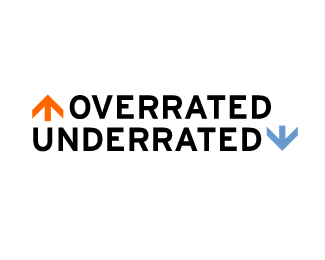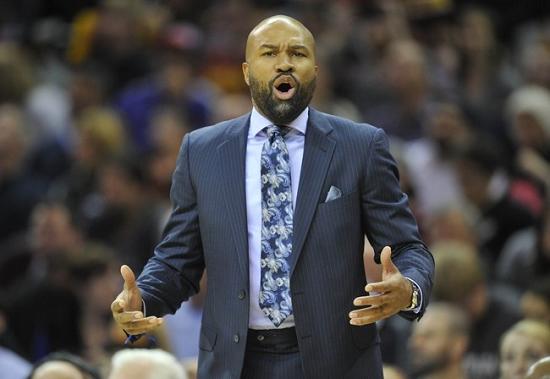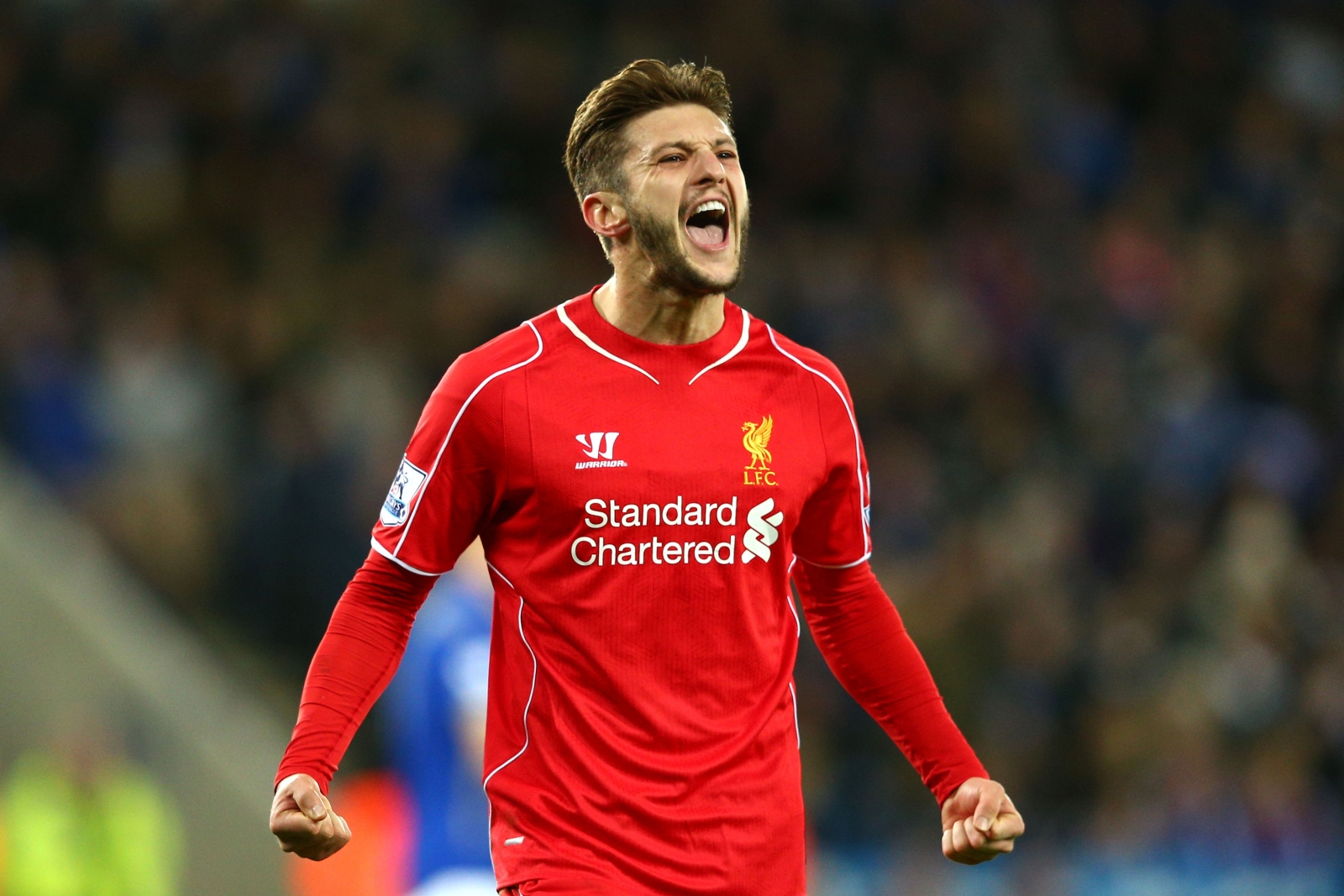The Wisdom of Jeff Van Gundy - Part VIII
Time to revive an old series on the blog, and one of my favorites - on the (continuing) Wisdom of Jeff Van Gundy.
Since it has been a while, here's a little refresher on just who Jeff Van Gundy is, and why management, leadership, and organizational culture types should listen closely to what JVG has to say about performance, talent, and team dynamics.
JVG is currently an NBA analyst and announcer for ESPN, previously he was the head coach of my beloved New York Knicks, as well as the Houston Rockets. He was successful as a coach, but may even be a better fit for broadcasting, as he over the years has shown consistent insights into the game, coupled with humor, irreverence, and fun that makes games in which he is broadcasting essential viewing for NBA fans.
We've covered many of JVG's insights on the blog in the past, (good examples are here and here), and while listening to JVG recently being interviewed on ESPN's (Zach) Lowe Post Podcast, he had this nugget of enlightenment about the importance of conflict amongst team members, and how it is necessary (often), to drive performance improvement. 
Here's the JVG quote, and then a quick comment from me:
(Some context, Lowe and JVG were discussing if players who are 'bad' or who have abrasive personalities should have that held against them when judging their performance)
JVG - To me, it is not about are you 'easy' in the locker room, it's are you right. If you are causing tension for the right reasons at the right times, to help spur your team to confront their issues, and their problems and you're willing to be confronted as well about your own issues and your own problems, then tension is a good thing.
This idea that everything should be happy go lucky in a locker room when you are a mediocre team, I disagree with. It's hard to get from mediocrity to average then from average to pretty good and from pretty good to good and then from good to great if there's no conflict. Conflict puts everybody's cards on the table. If you are causing tension for the right reasons at the right times and you are willing to be coached as well and confronted as well then I think tension is a good thing.
A really interesting, and I think accurate, assessment of how conflict, how an occasional 'difficult' personality type on the team, and the tension and butting of heads that that kind of a person can cause should not be immediately looked at as a negative.
In NBA basketball, and probably in your organization as well, there are plenty of folks who think their performance and their contribution is perfectly acceptable, and their position on the team is totally secure. They may even be your 'top' performers. But even they, probably, need to be challenged from time to time. Even they need to examine their own performance at least once in a while.
And in basketball, and again, probably in your shop too, it often takes a gruff, difficult, hard to get along with personality type to force people into that kind of self-examination. And often in basketball, and for the final time, at 'normal' workplaces too, the tendency is to immediately point the finger at Mr. or Ms. 'Difficult' and ostracize them, (or simply get rid of them), for rocking the boat.
As JVG reminds us, when a team of any kind aspires to do more, to do better, to achieve great things, some conflict along the way is not only inevitable, it is likely essential.
Think about that the next time you are wondering what to do to make that hard to get along with person who likes to find the issues in what is going on around the office to simply pipe down and get along.
Maybe they're not actually the problem after all.
Have a great weekend!

 Steve
Steve




